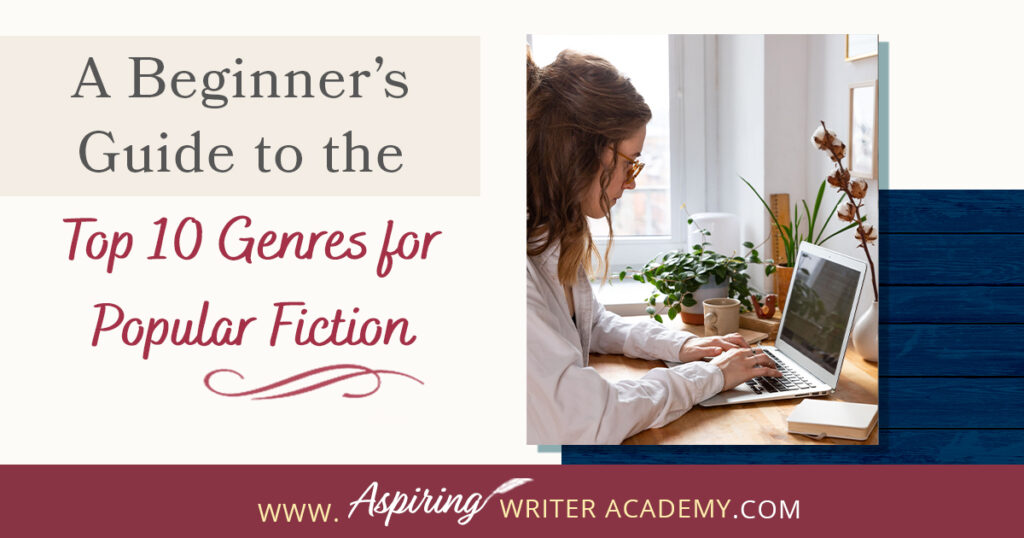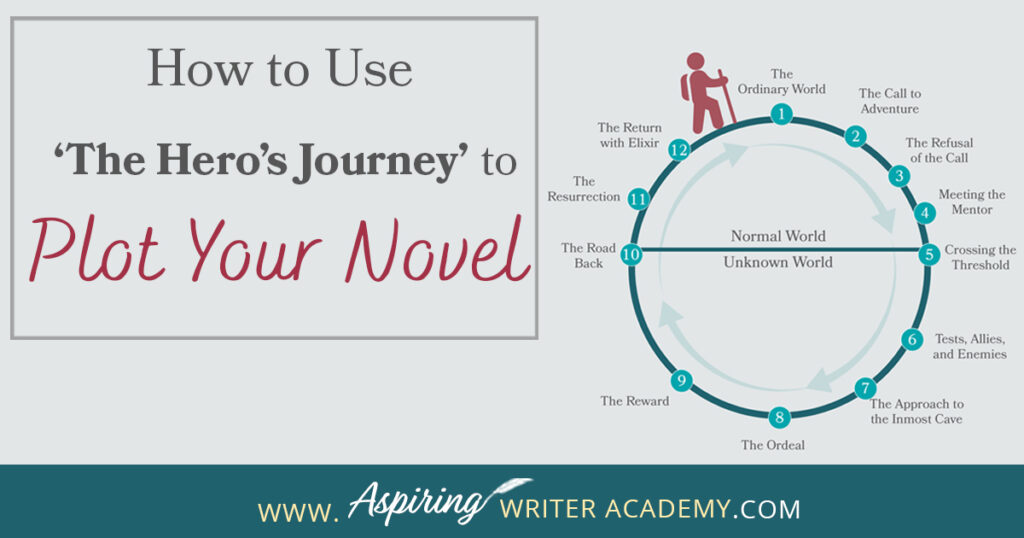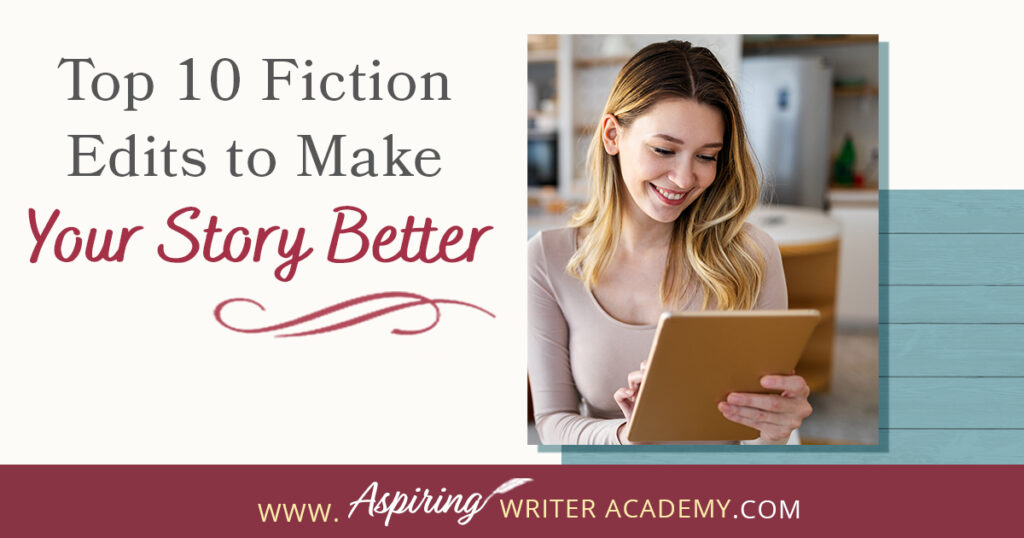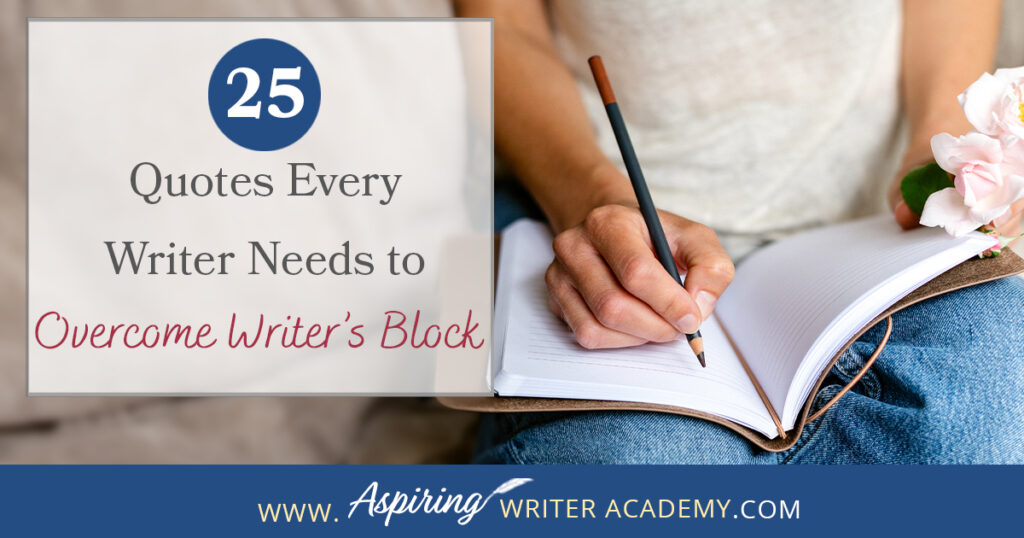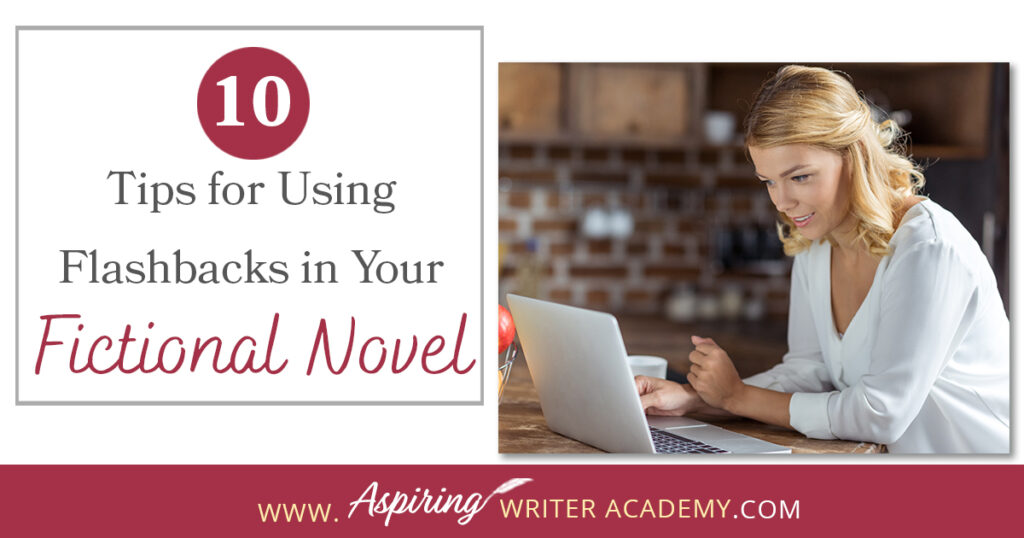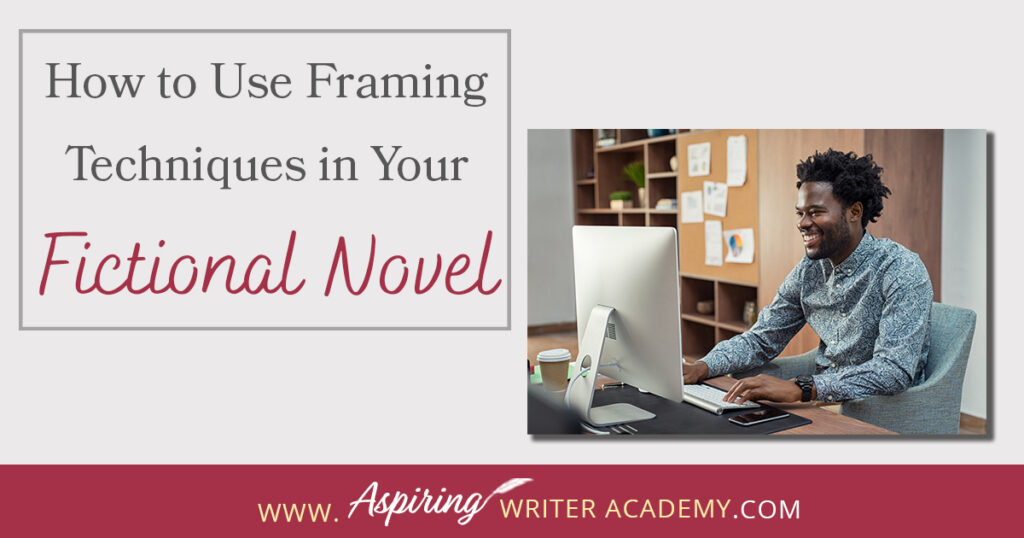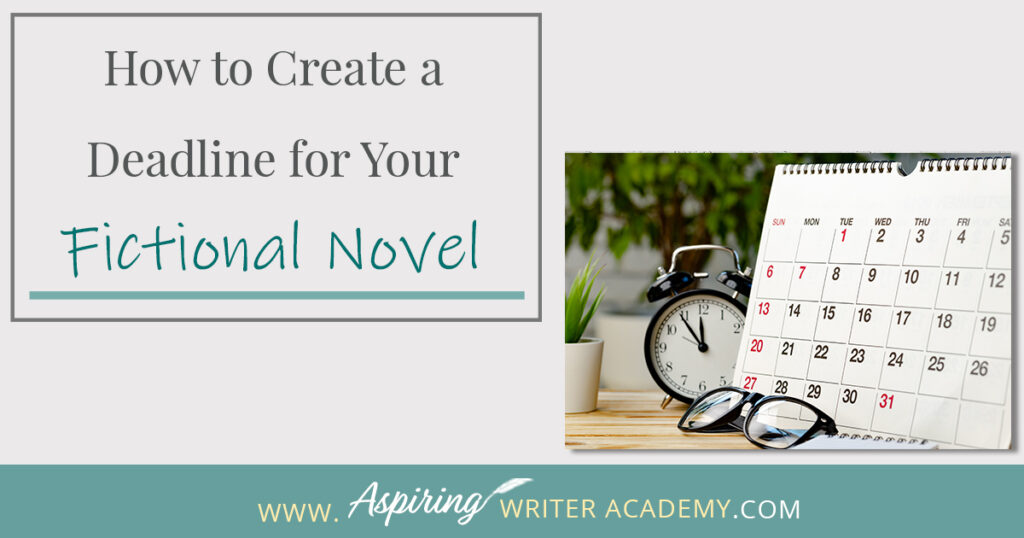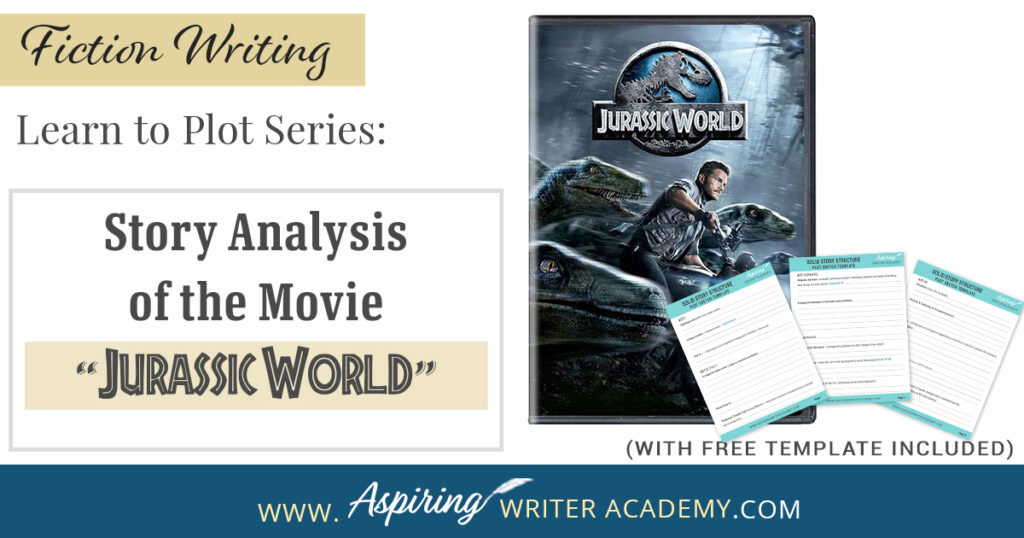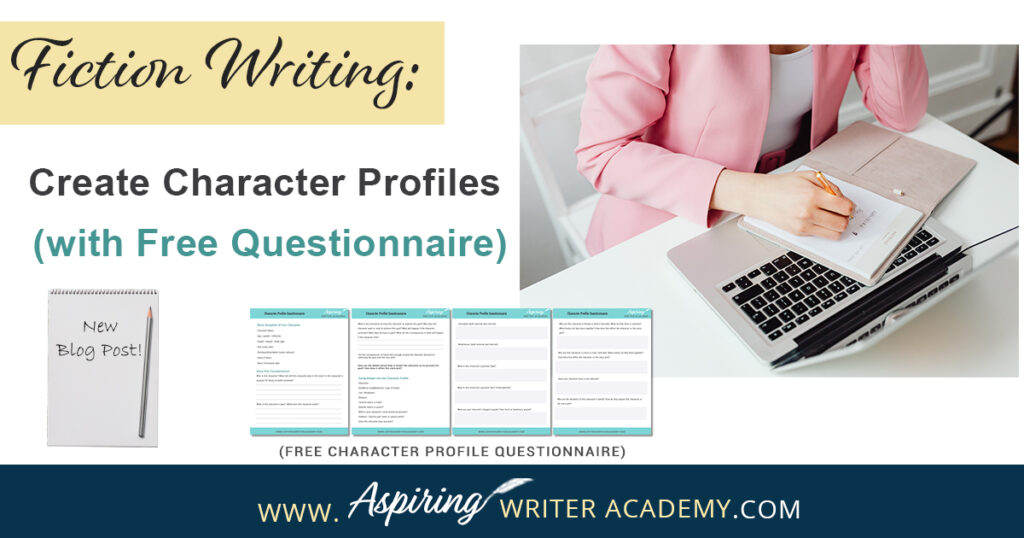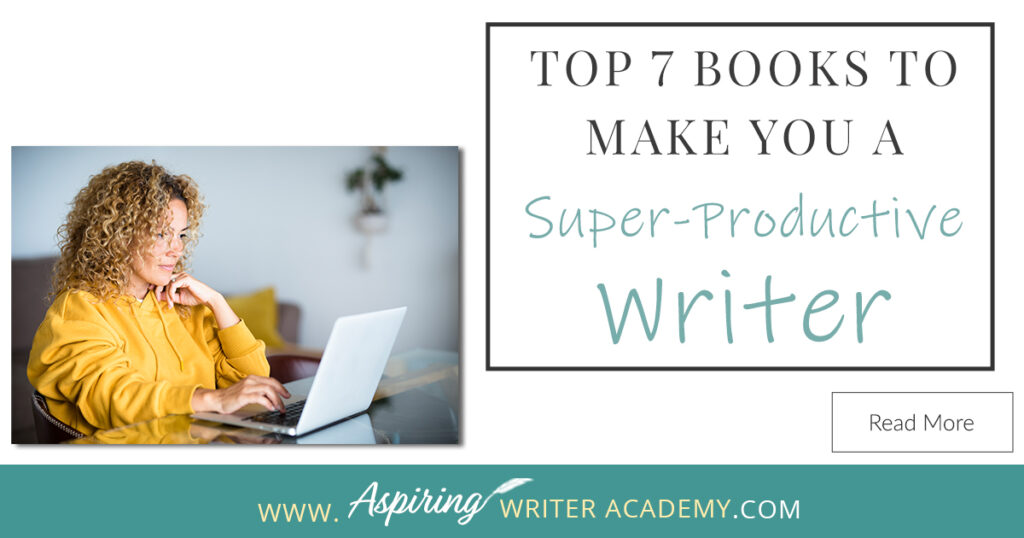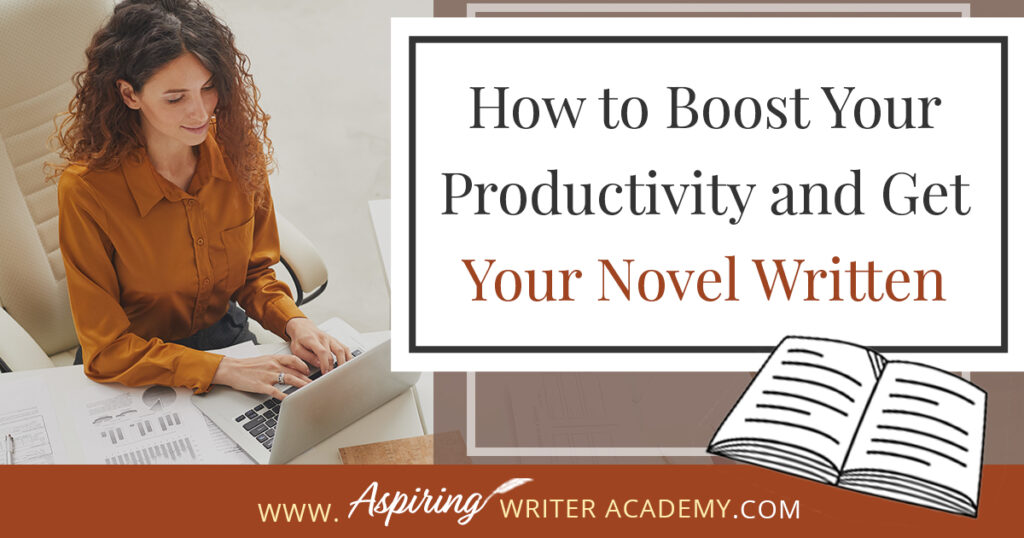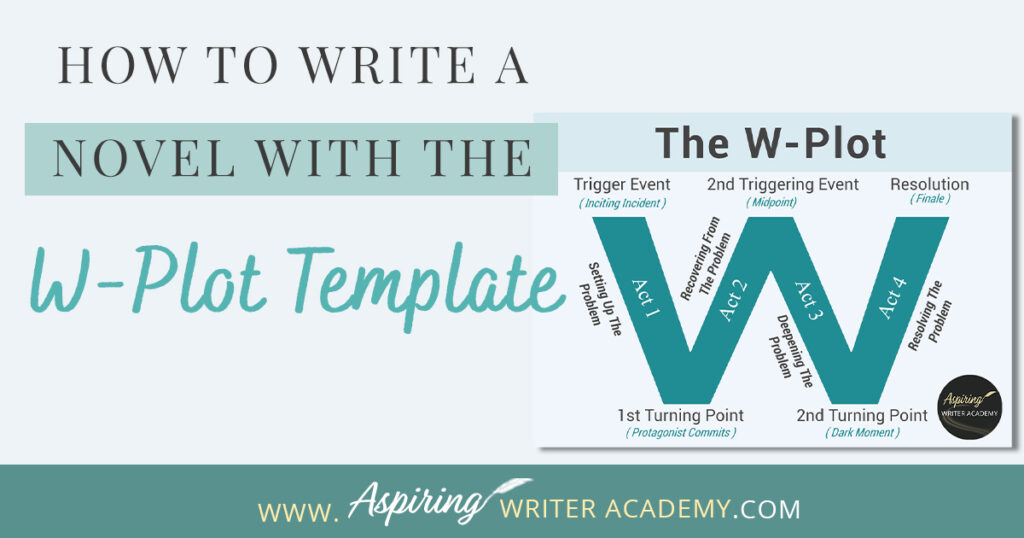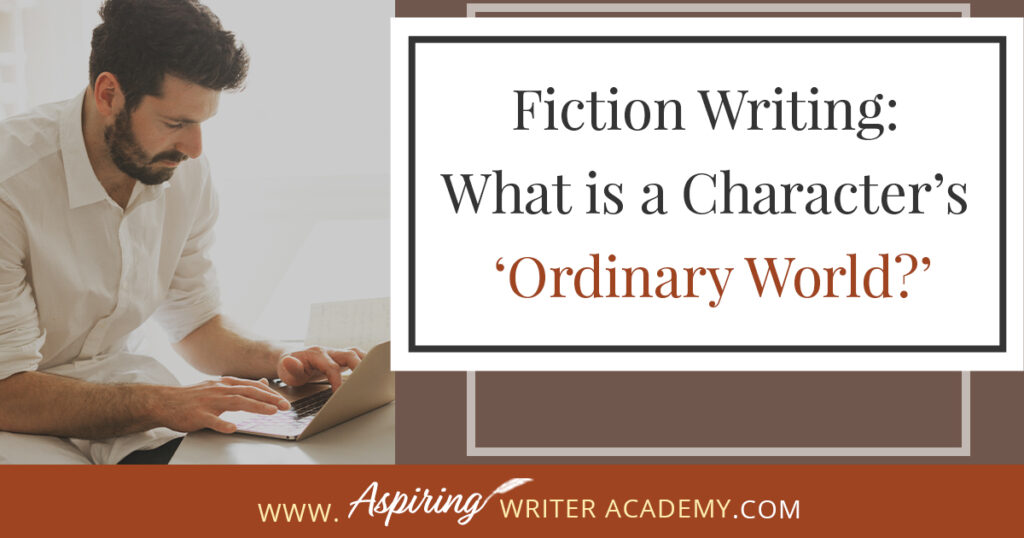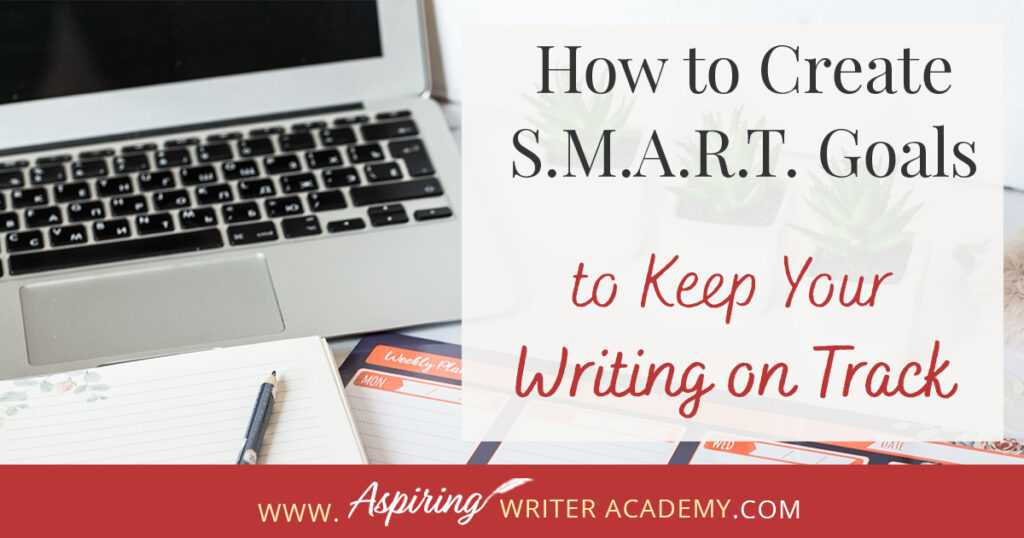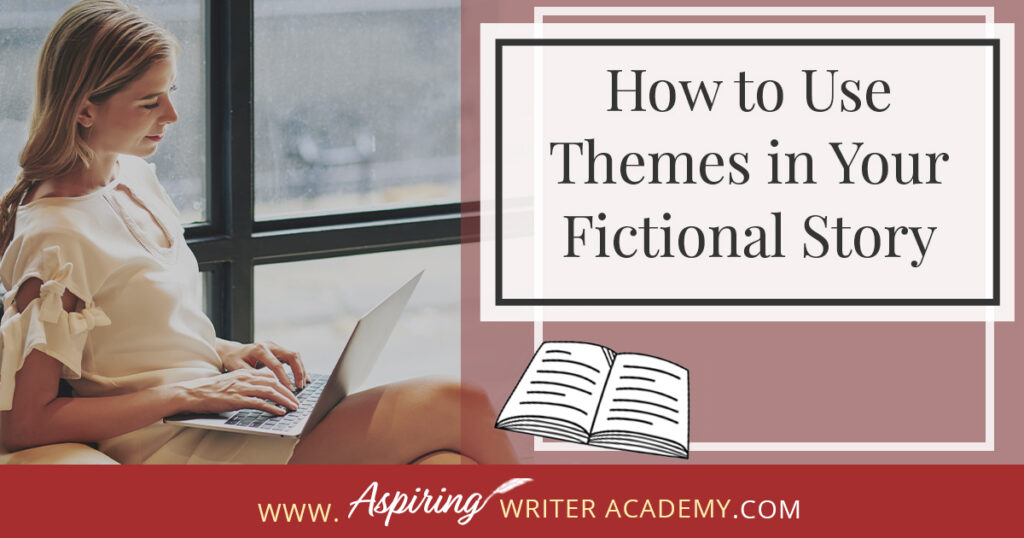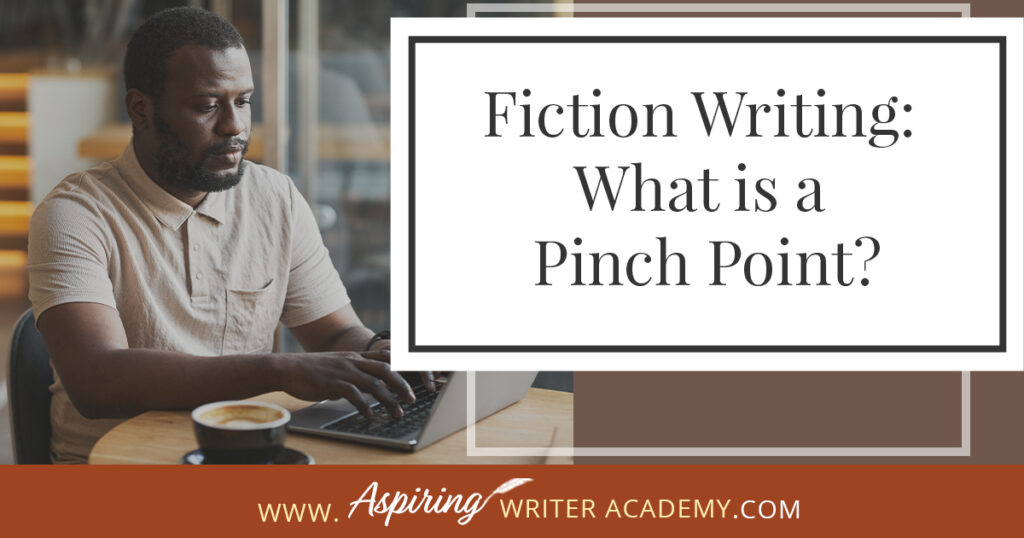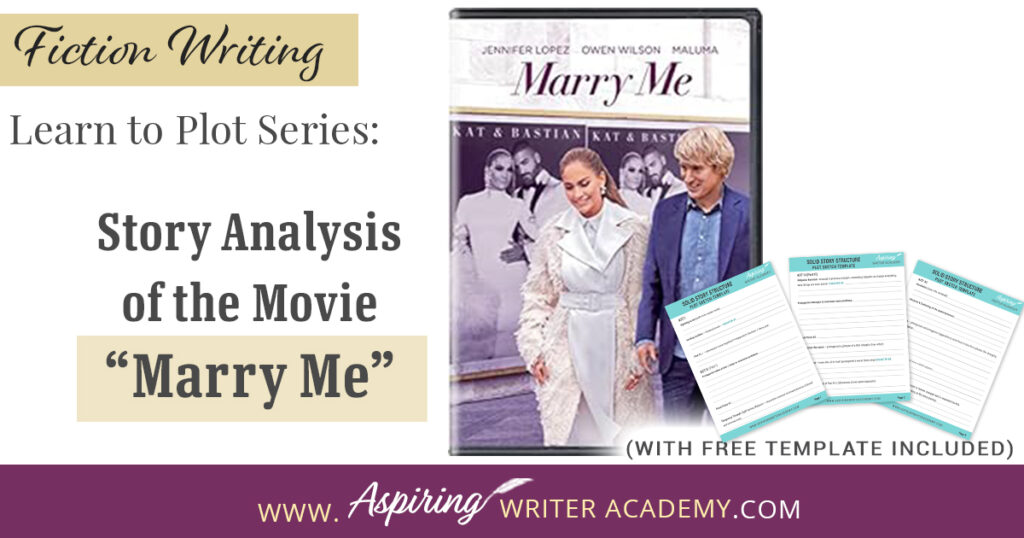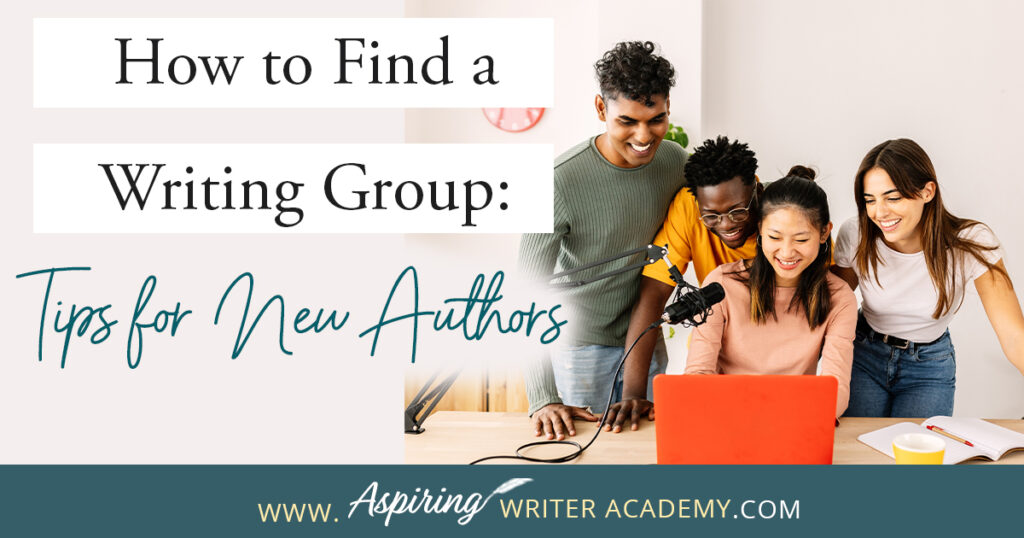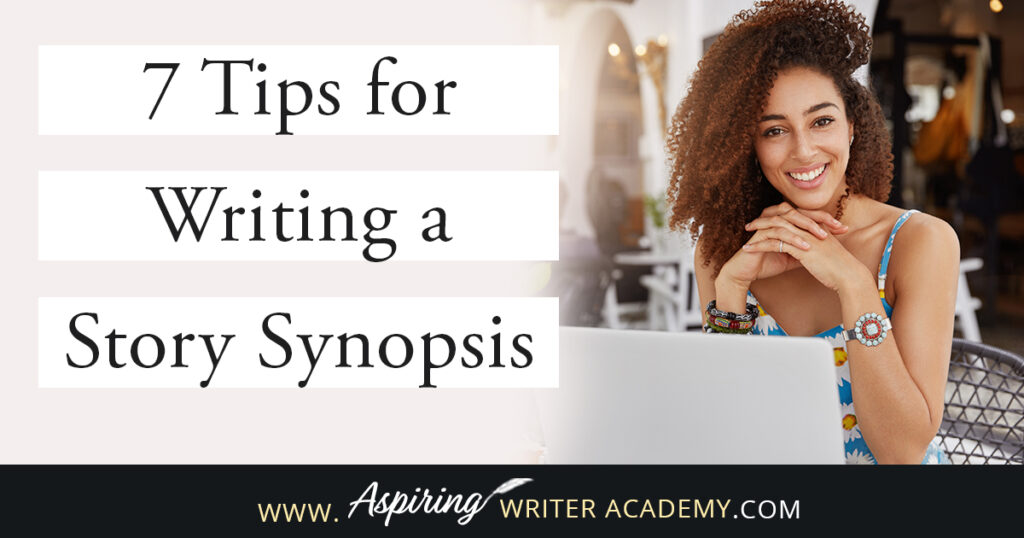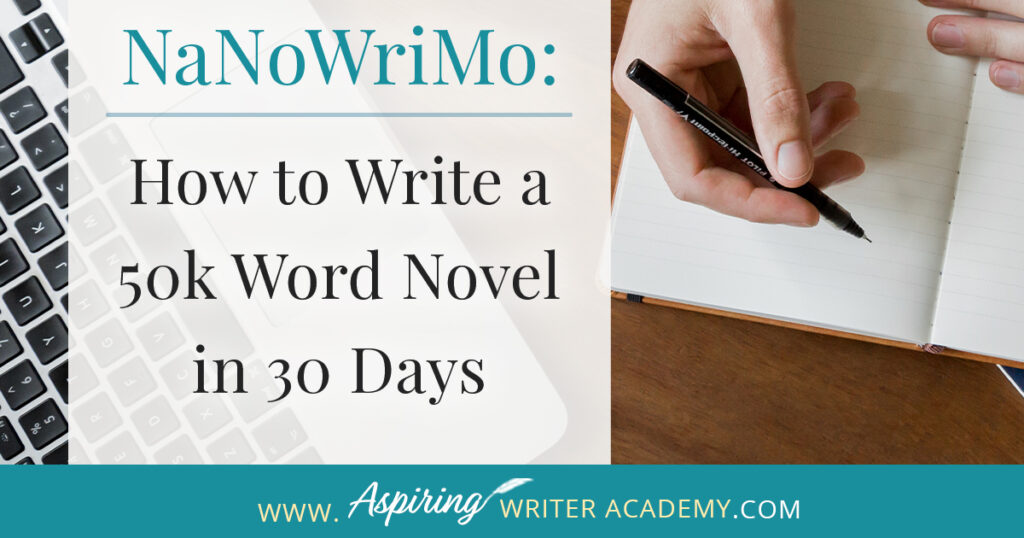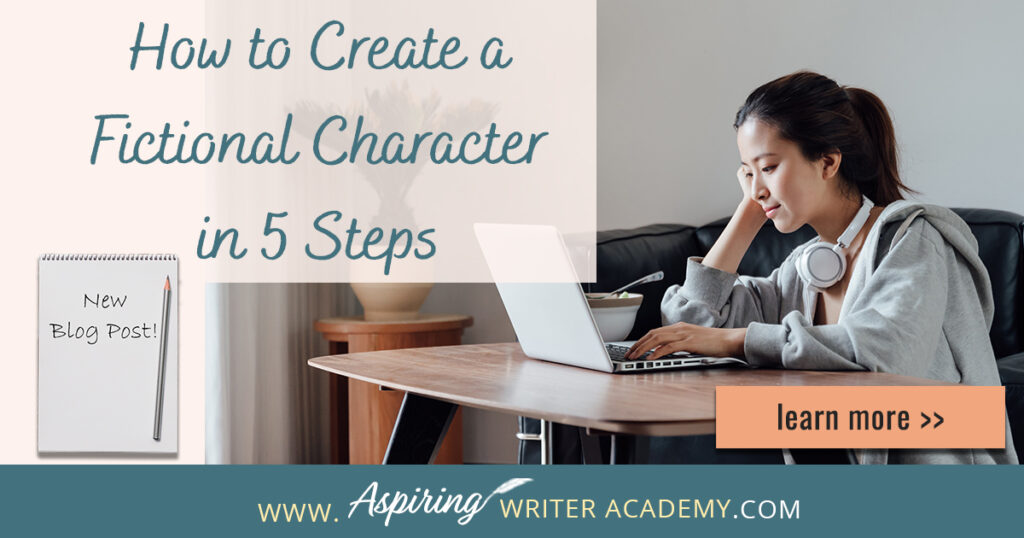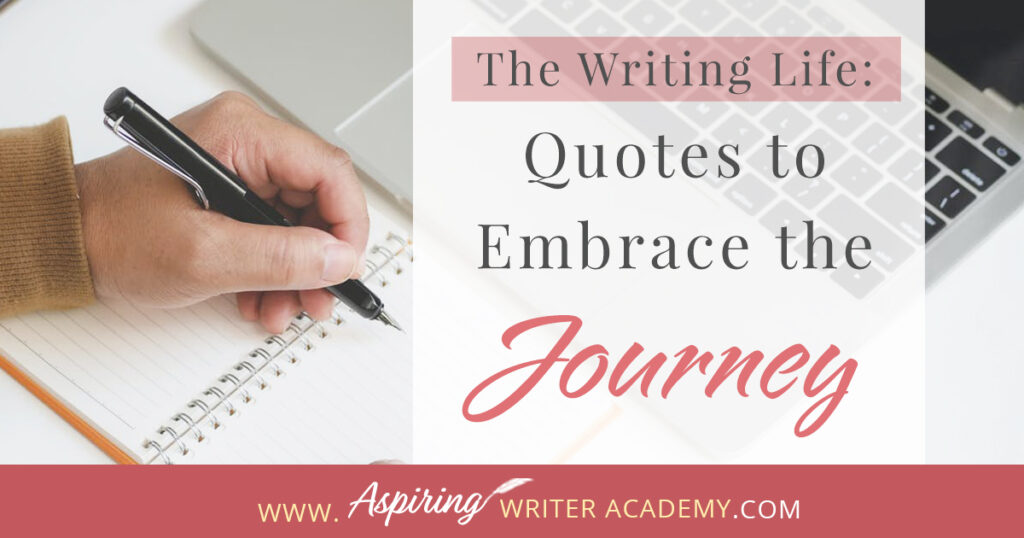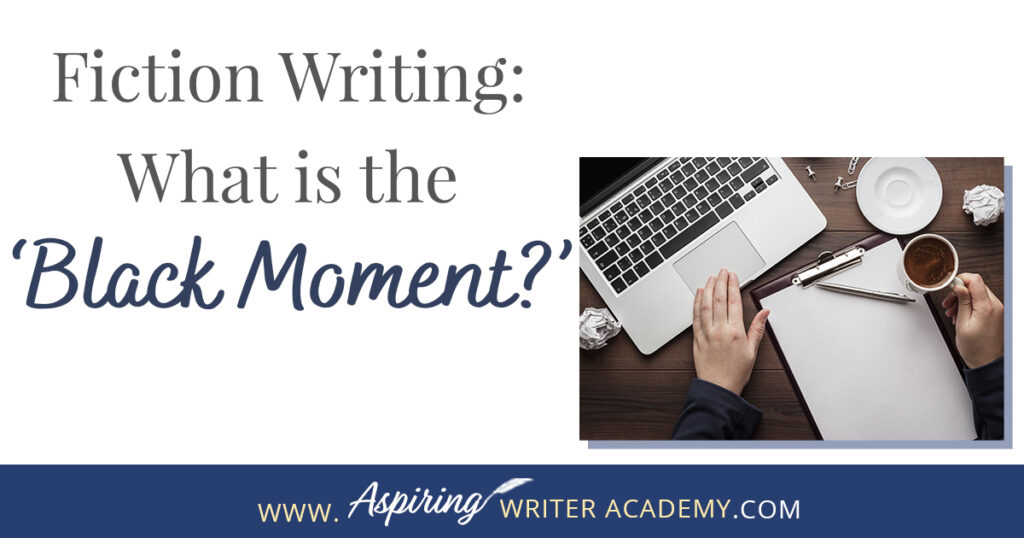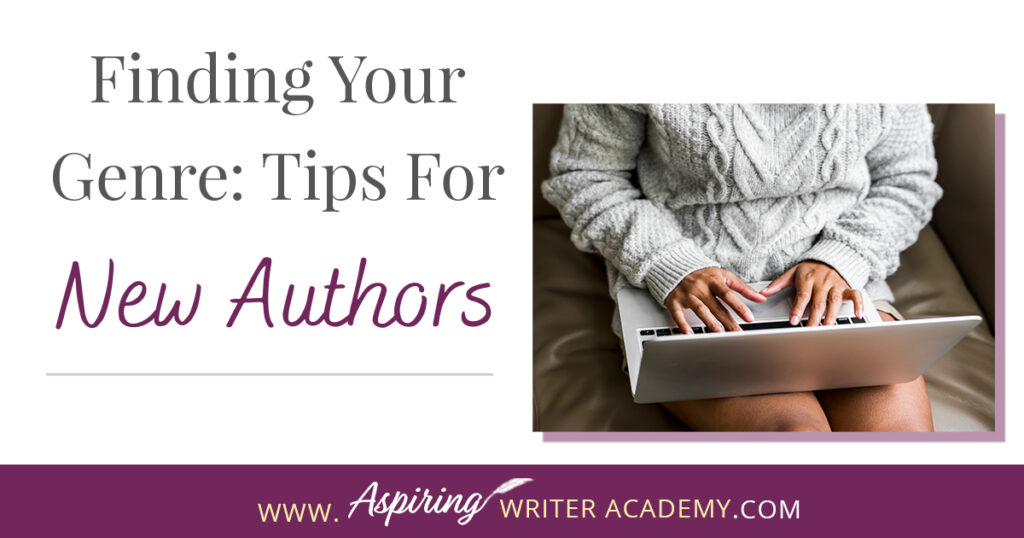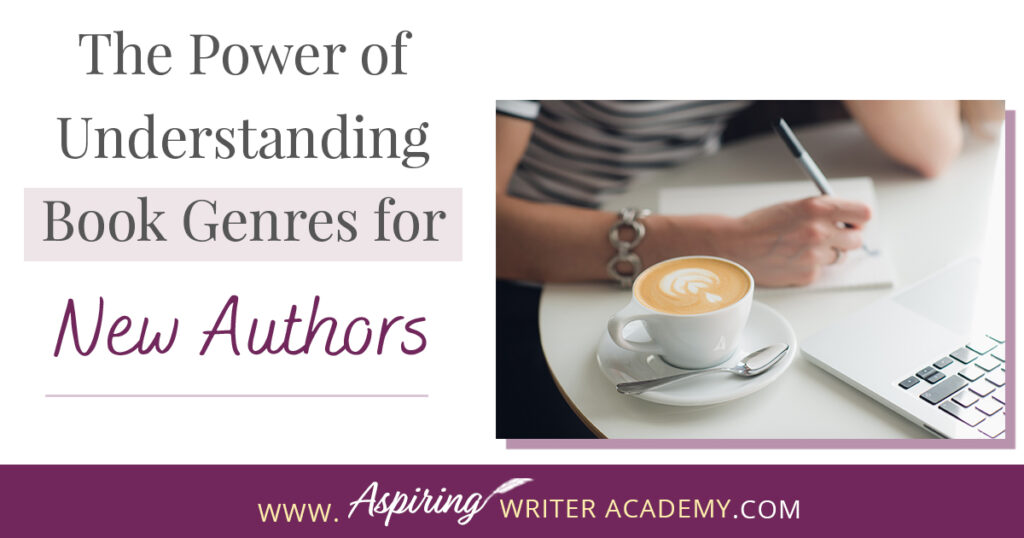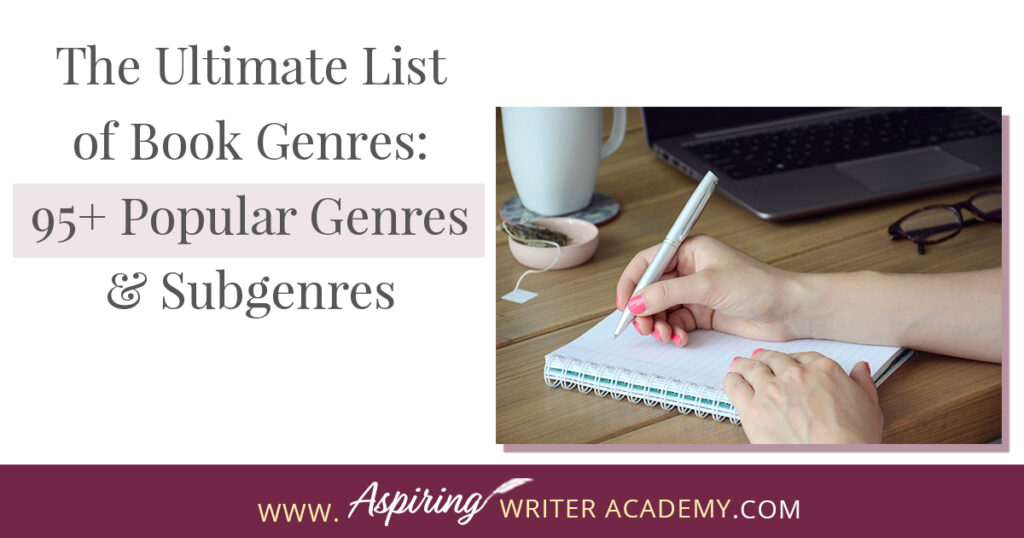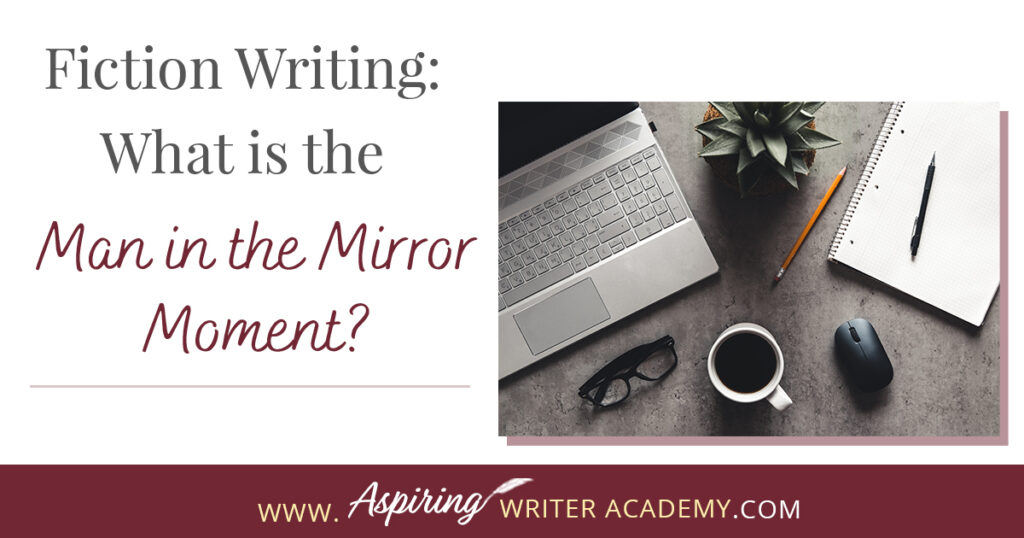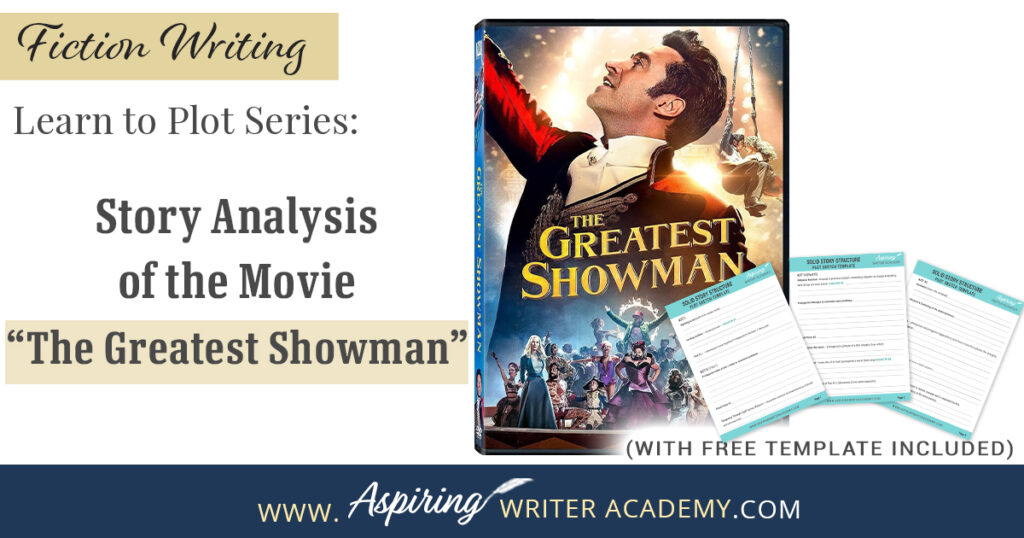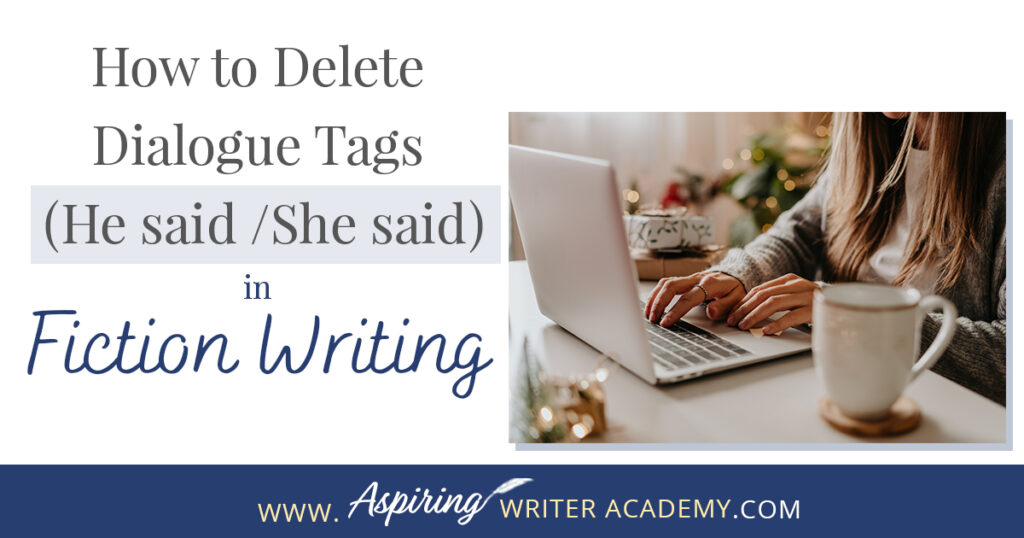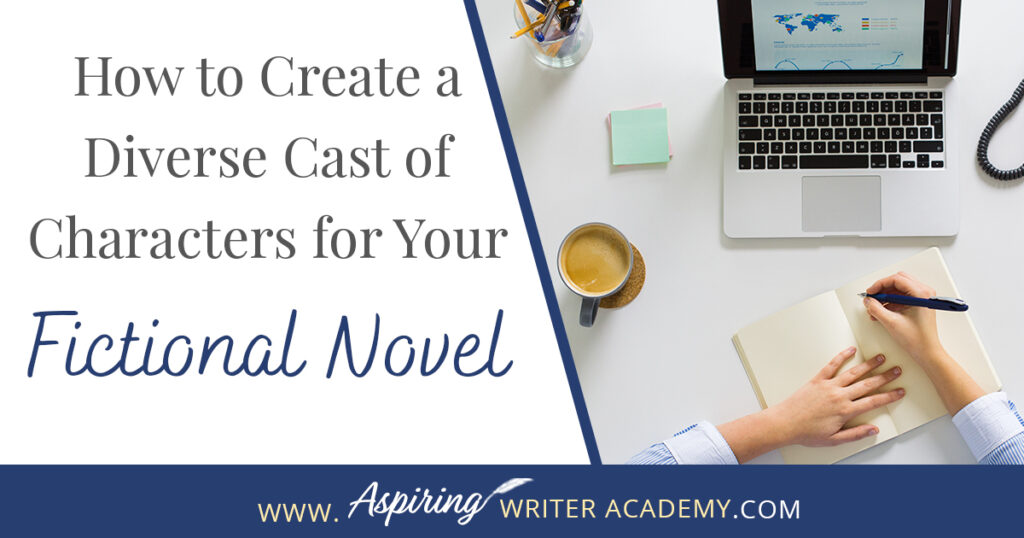A Beginner’s Guide to the Top 10 Genres for Popular Fiction
Would you like to write a book? Have you started writing but aren’t sure where your novel fits in the marketplace? If you are new to writing, you must first decide—What kind of story do you want to write? Thriller, fantasy, mystery, romance? Each genre (category) of fiction features different kinds of characters, setting, plot, and yes, even story resolutions.
In A Beginner’s Guide to the Top 10 Genres for Popular Fiction, we help you decide what kind of story is best for you.
Read MoreHow to Use ‘The Hero’s Journey’ to Plot Your Novel
If you are writing a novel for the first time or are confused by 3-Act Structures and Plot Points, you may want to use the steps of The Hero’s Journey, first outlined by Joseph Campbell, as a guide. Learn how to take your characters on an epic 12-stage journey of transformation as they overcome obstacles and achieve their goals.
In How to Use ‘The Hero’s Journey’ to Plot Your Novel, we explain each step, allowing you to plot a stronger, emotionally satisfying story from beginning to end.
Read MoreTop 10 Fiction Edits to Make Your Story Better
Are you searching for simple editing tips to elevate your fictional novel from good to great? Do you wish you had a checklist to guide you through the process? If you’re new to self-editing and don’t know where to begin, we’ve got you covered.
In our post, Top 10 Fiction Edits to Make Your Story Better, we delve into the ten most effective edits that will help transform your writing, creating a novel that is strong, concise, and captivating to your readers.
Read More25 Quotes Every Writer Needs to Overcome Writer’s Block
We all know the struggle of staring at a blank page, waiting for motivation or inspiration to strike. That’s why we’ve put together this handy list of 25 Quotes Every Writer Needs to Overcome Writer’s Block. Consider it your virtual pep talk, delivered straight to your screen, to kick that writer’s block to the curb and get you back in the zone!
Read More10 Tips for Using Flashbacks in Your Fictional Novel
A flashback in a fictional novel is a scene that happened in the past to show characterization, motivation, or explain a facet of the present story. But how do you transition in and out of a flashback scene? How many are too many? Are there rules to writing flashbacks?
In 10 Tips for Using Flashbacks in Your Fictional Novel, we discuss how to write clear, concise, plot-driven flashback scenes that will strengthen the story and hook your reader.
Read MoreHow to Use Framing Techniques in Your Fictional Novel
The term ‘Framing’ or using ‘Bookends’ refers to a technique in novel writing where the author creates similar passages at the start and finish of a story, or individual chapter or scene. Similar, but different. It is the tiny changes that give your story that exciting twist, satisfying closure, or added meaning.
In How to Use Framing Technique in Your Fictional Novel, we show you how to use framing on three levels to improve your writing skills, enhance your story, and thrill readers.
Read MoreHow to Create a Deadline for Your Fictional Novel
The difference between a goal and a dream is that a goal has a deadline, a targeted finish date. Is it your goal to write and finish a book? Do you have an action plan? Or does the whole process feel overwhelming? Even if you do not have a book contract you should aim for a date of completion to help keep you on track.
In our post, How to Create a Deadline for Your Fictional Novel, we show you how to calculate your finish date and set up milestones to mark your progress toward a finished book.
Read MoreLearn to Plot Fiction Writing Series: Story Analysis of the movie “Jurassic World”
The best way to learn story structure is to analyze good stories. Can you readily identify each plot point in every movie you see or book you read? Or do terms like ‘inciting incident,’ ‘midpoint reversal,’ and ‘black moment’ leave you confused?
In our Learn to Plot Fiction Writing Series: Story Analysis of the movie “Jurassic World” we show you how to recognize each element and provide a Free Plot Template so you can draft satisfying, high-quality stories of your own.
Read MoreFiction Writing: Create Character Profiles (with Free Questionnaire)
If you are planning to write a new story or need to add a character to your fiction novel, a handy fill-in-the-blank questionnaire can help define your character’s personality in a flash.
Beyond name, age, and hair color, our post, Fiction Writing: Create Character Profiles (with Free Questionnaire) helps you identify personality traits for your cast of characters that strengthen the story, intensify conflict, and enhance the plot.
Read MoreTop 7 Books to Make You a Super-Productive Writer
Looking for a way to crank out more written pages? Or wish you could find more time to write in general? Is your calendar or overly ambitious to-do list out of control? How can you write more books if you are always tired, overwhelmed, and feeling like you are always behind?
Our post, 7 Best Books on Productivity to Boost Your Fiction Writing to the Next Level, can help you discover ways to reduce stress, organize your day, and make you more productive than you ever thought possible.
Read MoreHow to Boost Your Productivity and Get Your Novel Written
Do you have trouble finding time to write? Or do you wish you could increase your daily wordcount but find personal obligations and the other things on your to-do list keep getting in the way? Do you procrastinate? Do you find yourself eager to get your pages written then get derailed by interruptions?
In our post, How to Boost Your Productivity and Get Your Novel Written, we give you tips and advice to set up the right habits that will allow you to focus, take back your time, and write.
Read MoreHow to Write a Novel with the W-Plot Template
Do you struggle with plotting? A simple, easy-to-follow template for writing a fictional story is the W-Plot, perfect for both new writers and non-plotters. The W-Plot structure allows you freedom to create yet keeps your story on track all the way to that grand satisfying end.
In our post, How to Write a Novel with the W-Plot Template, we break down each step to take the frustration out of plotting and give you tips to write a story readers will love.
Read MoreFiction Writing: What is a Character’s ‘Ordinary World?’
Does your character live in a world where animals talk? Does he fly a spaceship to work? Or does his ‘ordinary world’ include monsters or a unique culture with specific rules and questionable beliefs?
In our post, Fiction Writing: What is a Character’s ‘Ordinary World?’ we show you how to give the reader the set-up pieces needed to understand your character and how he fits in with his environment before the external events of the plot unfold.
Read MoreHow to Create S.M.A.R.T. Goals to Keep Your Writing on Track
Do you set goals with your writing only to have them derailed? Do you have trouble finishing a novel or with time management in general? How is an author supposed to maintain a personal life, do household chores, and write—publish—promote their stories without feeling overwhelmed or run ragged? In our post, How to Create S.M.A.R.T. Goals to Keep Your Writing on Track, we show you how to eliminate frustration and hit the needed milestones to write and finish your fictional story.
Read MoreHow to Use Themes in Your Fictional Story
Do you know your story’s theme? Or the difference between a theme and a moral? A theme is the glue that holds your story together and without one, your readers may find themselves scratching their heads wondering what your story is really about.
In our post, How to Use Themes in Your Fictional Story, we give examples of theme, how to weave theme into your story for greater focus, and the right and wrong way to reveal theme at the end of your fictional masterpiece.
Fiction Writing: What is a Pinch Point?
As an aspiring writer, it is hard enough to learn how to develop an interesting character and plot a fictional story that captures a reader’s interest. But what is a pinch point? How many are there in a fictional story and how are they used? Many seasoned writers do not even know!
In Fiction Writing: What is a Pinch Point? we demystify the term and show how inserting significant emotion-packed pinch points into your fictional story can help motivate characters to pursue their story goal.
Read MoreLearn to Plot Fiction Writing Series: Story Analysis of the movie “Marry Me”
The best way to learn story structure is to analyze good stories. Can you readily identify each plot point in every movie you see or book you read? Or do terms like ‘inciting incident,’ ‘midpoint reversal,’ and ‘black moment’ leave you confused? In our Learn to Plot Fiction Writing Series: Story Analysis of the movie “Marry Me” we show you how to recognize each element and provide a Free Plot Template so you can draft satisfying, high-quality stories of your own.
Read MoreHow to Find a Writing Group: Tips for New Authors
Are you eager to connect with like-minded authors and build meaningful writing friendships? Our post How to Find a Writing Group: Tips for New Authors is tailor-made for you. Writing does not have to be a solitary journey. It can be filled with friends who also aspire to take their writing to the next level. There are many groups that authors can join to help them with motivation, accountability, and guidance in their writing careers.
Read More7 Tips for Writing a Story Synopsis
Ask any writer about the dreaded story ‘synopsis’ and you will most likely hear lots of moans and groans. How do you condense the plot of an entire book into just 2 or 3 pages? What should be included? How should it be formatted? How should characters be introduced?
Join us as we discuss 7 Tips to Write a Story Synopsis to help simplify the process so that you can confidently and successfully write a story synopsis with ease.
Read MoreNaNoWriMo: How to Write a 50k Word Novel in 30 Days
November is National Novel Writing Month, a time when thousands of writers around the world will attempt to write a 50,000-word novel in 30 days. You can sign up for the free challenge at https://nanowrimo.org/ and use their digital graphs and charts to track your progress and keep you accountable each day. But how can you write a novel so quickly? In our post, NaNoWriMo: How to Write a 50k Word Novel in 30 Days, we give you a list of helpful tips to keep you on target and finish a winner!
Read MoreHow to Create a Fictional Character in 5 Steps
If you are just starting to write a novel, you may have come across character questionnaires to help you brainstorm basic information for your story cast, but how do you truly flesh out your characters on a deeper level? How do you make your characters jump off the page and feel “real?”
In How to Create a Fictional Character in 5 Steps, we give you more than just the average list of questions to think about so that you can create characters your readers will love.
Read MoreThe Writing Life: Quotes to Embrace the Journey
A writer’s life can be filled with moments of joy, frustration, and everything in between. Whether you’re a new writer or an experienced author, everyone faces writing slumps and lows and can often use inspiration to keep the motivation to continue writing. It’s important to remember that being an author and writing books is a journey and we’ve compiled a list of quotes to help inspire you to embrace the ups and downs of writing books, to find the beauty in the process, and to never give up on your dreams.
Read MoreFiction Writing: What is the ‘Black Moment?’
The ‘Black Moment’ is a major turning point in a fictional story where the main characters lose hope. They have struggled to achieve a specific goal and at this dark, bleak moment something happens, either triggered by the opposition or by their own weaknesses that cause them to believe they’ve failed and ‘all is lost.’
In Fiction Writing: What is the ‘Black Moment?’ we give you tips and illustrative examples to help you create a fabulous Black Moment scene of your own.
Read MoreFinding Your Genre: Tips for New Authors
As a new author starting out on your writing journey, you may not know what genre is best for you and the story that you want to write. You may have a general idea but are not sure what book genres will fit best with your writing style and the vision of the story you want to bring to life. In this blog post Finding Your Genre: Tips for New Authors we will give advice and information to help you narrow down which genre is best for you as an author and the novel you wish to write.
Read MoreThe Power of Understanding Book Genres for New Authors
Choosing your book’s genre is crucial for authors. Skipping this step can lead to confusion about your book’s place in the market or publisher rejections. Learn the power of understanding genres in our blog!
Read MoreThe Ultimate List of Book Genres: 95+ Popular Genres & Subgenres
In this blog post The Ultimate List of Book Genres: 95+ Popular Genres & Subgenres we will cover the immense array of book genres and subgenres available. We hope that this post can assist you in choosing a genre that matches your writing style and can help you along in your writing journey. Our intention is to provide you with a comprehensive overview to aid you in finding the genre that resonates with your unique writing style.
Read MoreFiction Writing: What is the ‘Man in the Mirror Moment?’
Do you have a ‘man in the mirror moment’ in your fictional novel? Can you readily identify this pivotal moment in movies or other author’s fiction? Not only is it a turning point in the protagonist’s character arc, but it drives the external storyline forward during the second half of Act II.
In our post, Fiction Writing: What is the ‘Man in the Mirror Moment?’ we explain what this term means and how you can strategically use it to strengthen your entire novel.
Read MoreLearn to Plot Fiction Writing Series: Story Analysis of the movie “The Greatest Showman”
The best way to learn story structure is to analyze good stories. Can you readily identify each plot point in every movie you see or book you read? Or do terms like ‘inciting incident,’ ‘midpoint reversal,’ and ‘black moment’ leave you confused?
In our Learn to Plot Fiction Writing Series: Story Analysis of the movie “The Greatest Showman” we show you how to recognize each element and provide a Free Plot Template so you can draft satisfying, high-quality stories of your own.
Read MoreHow to Delete Dialogue Tags (He said /She said) in Fiction Writing
The goal of writing a fictional novel is to give your readers a unique, emotional experience. However, if there are too many clunky dialogue tag interruptions meant to identify which character is speaking, the reader may become frustrated and put the book down.
In our post, How to Delete Dialogue Tags (He said / She said) in Fiction Writing, you will learn various methods to make the verbal exchanges in your writing smoother, stronger, and more engaging for the reader.
Read MoreHow to Create a Diverse Cast of Characters for Your Fictional Novel
Have you read a book where all the characters sound the same and you have trouble remembering who is who? Without dialogue tags, would you know which fictional character is speaking? How can an author create characters that are unique?
In our post, How to Create a Diverse Cast of Characters for Your Fictional Novel, we show you how to intentionally design characters who contrast with one another in various ways to create additional conflict and raise the tension in the plot.
Read More